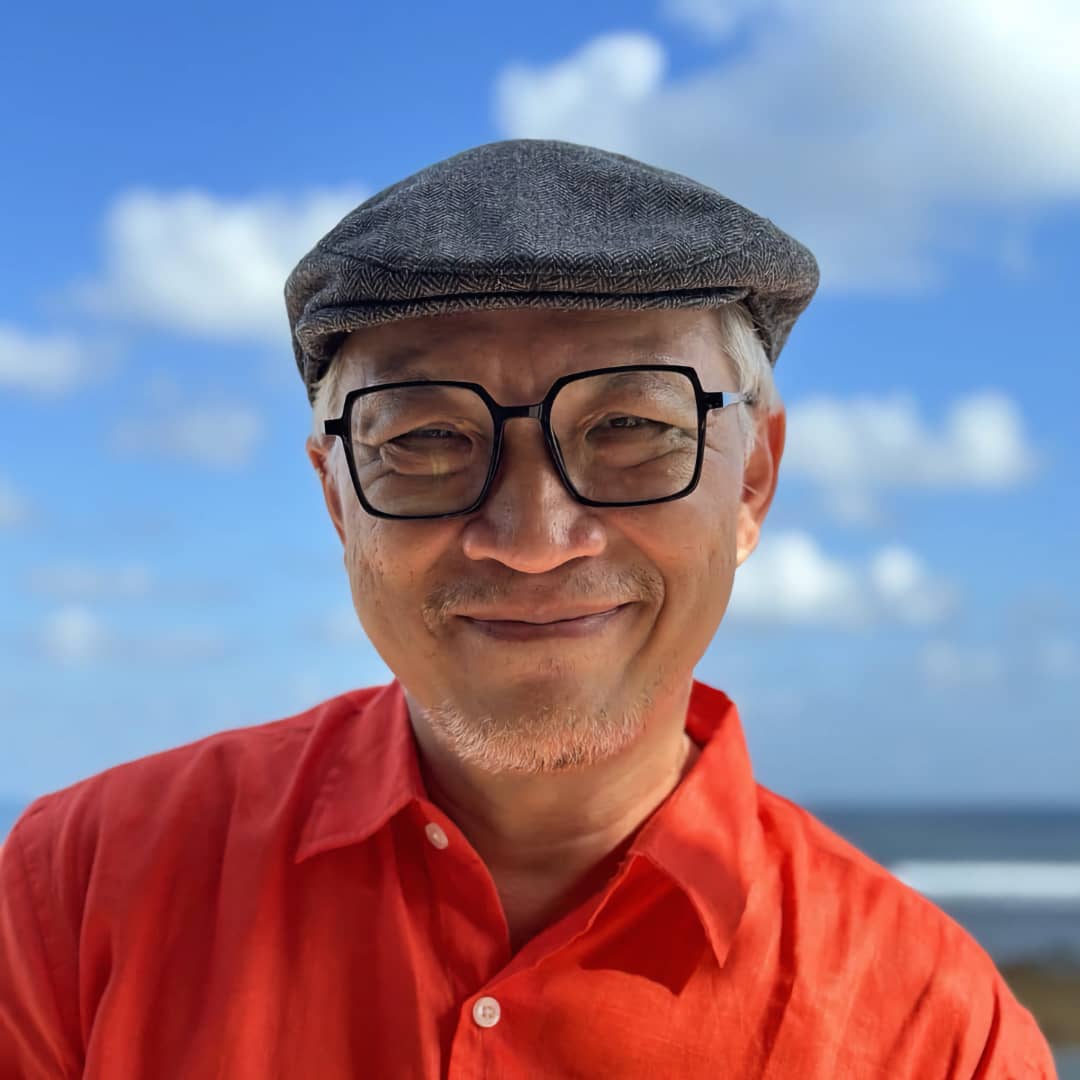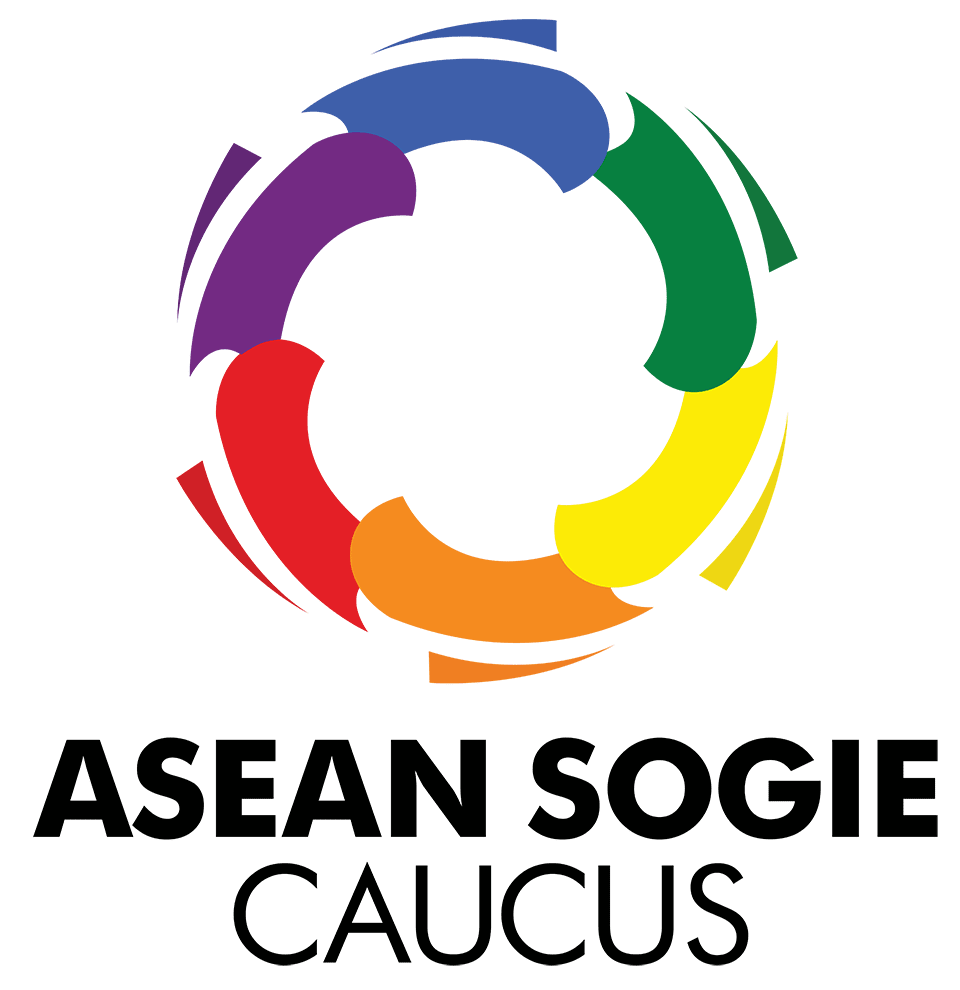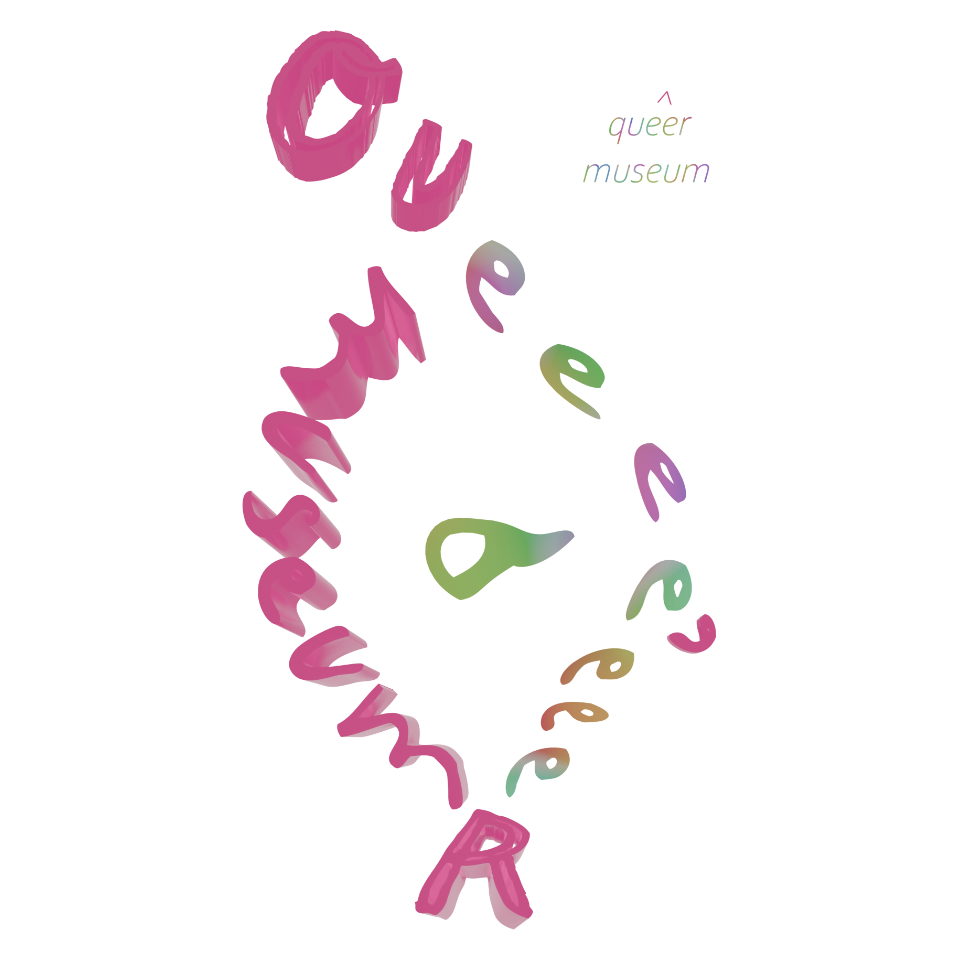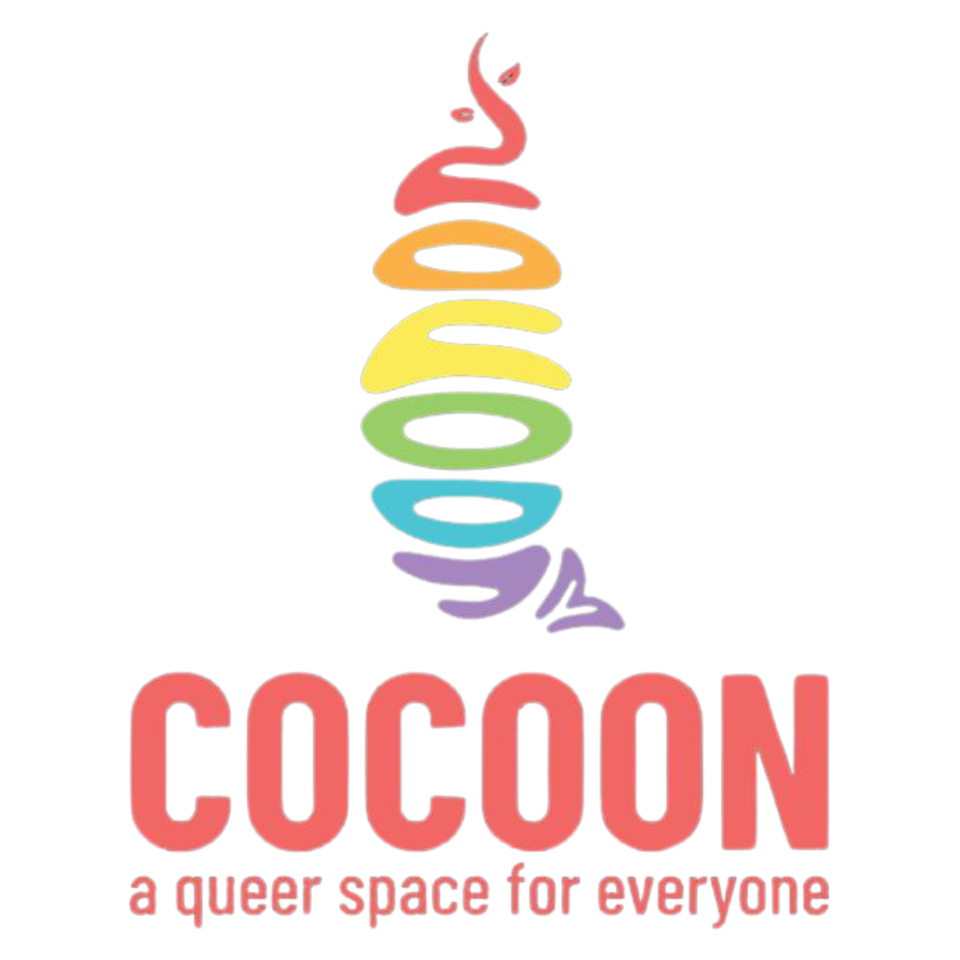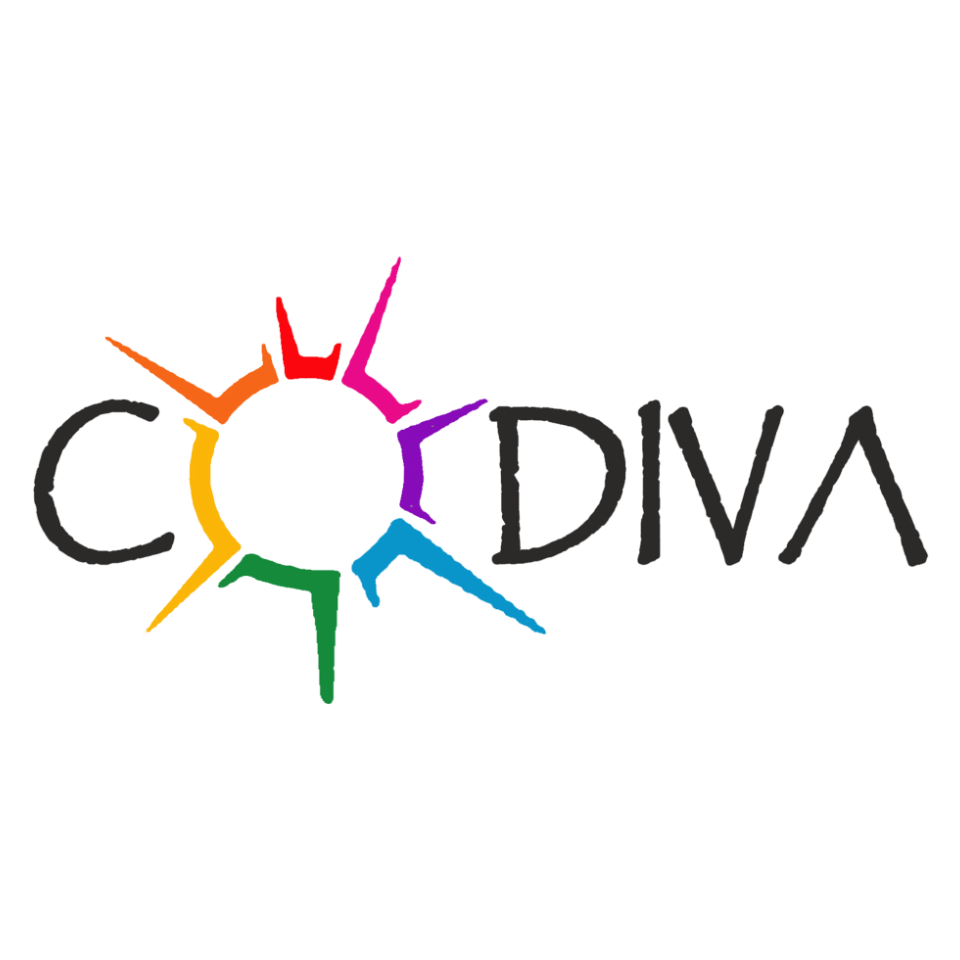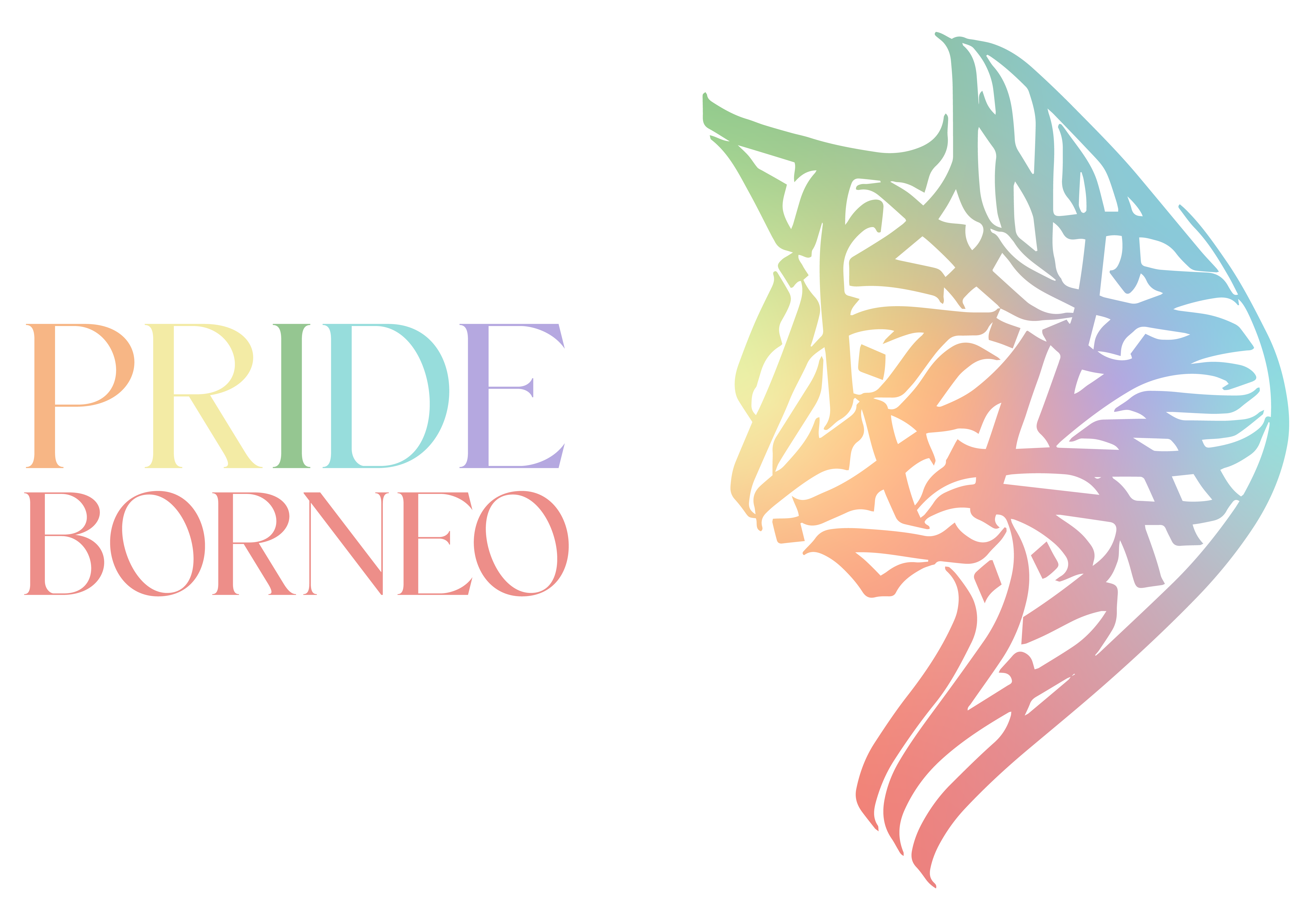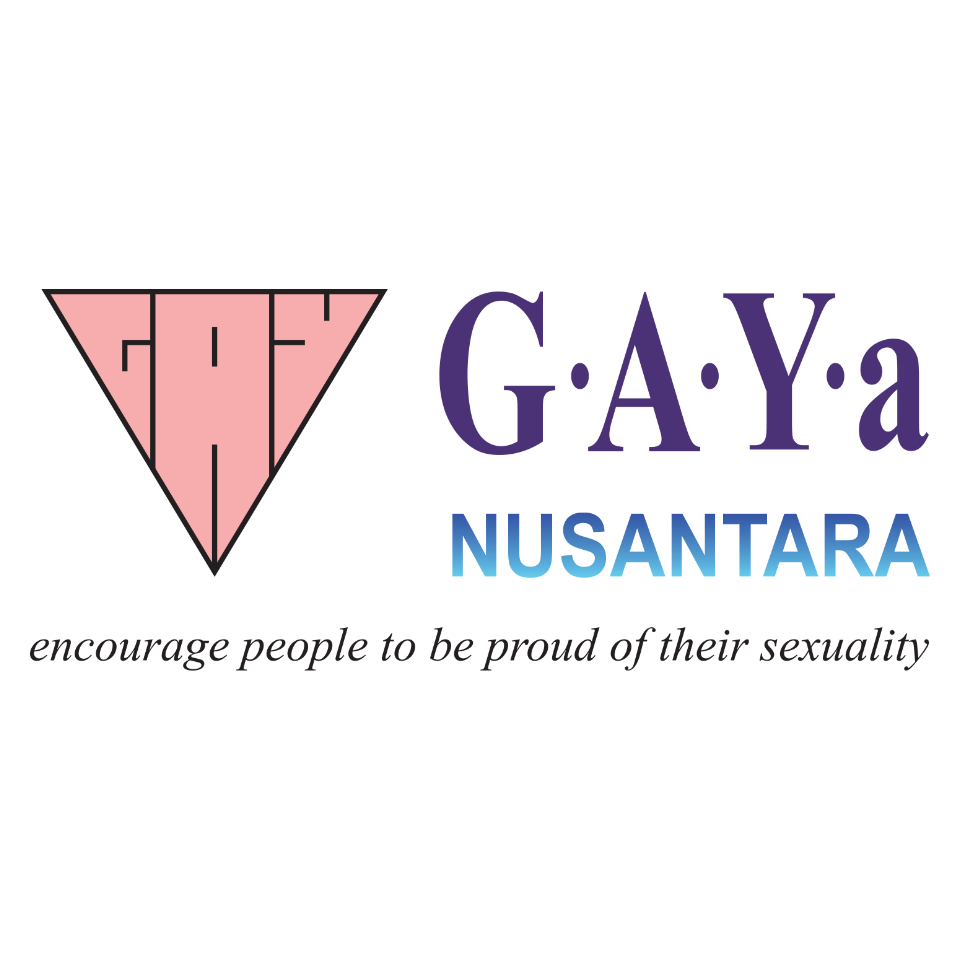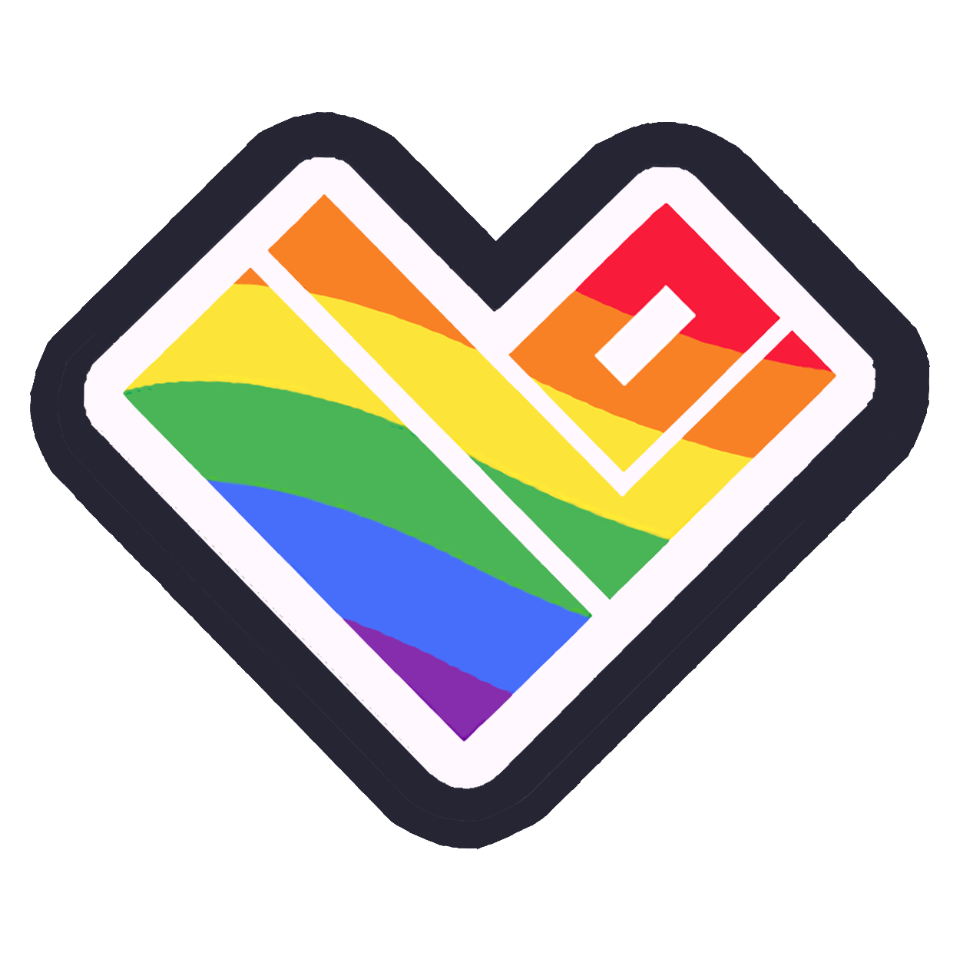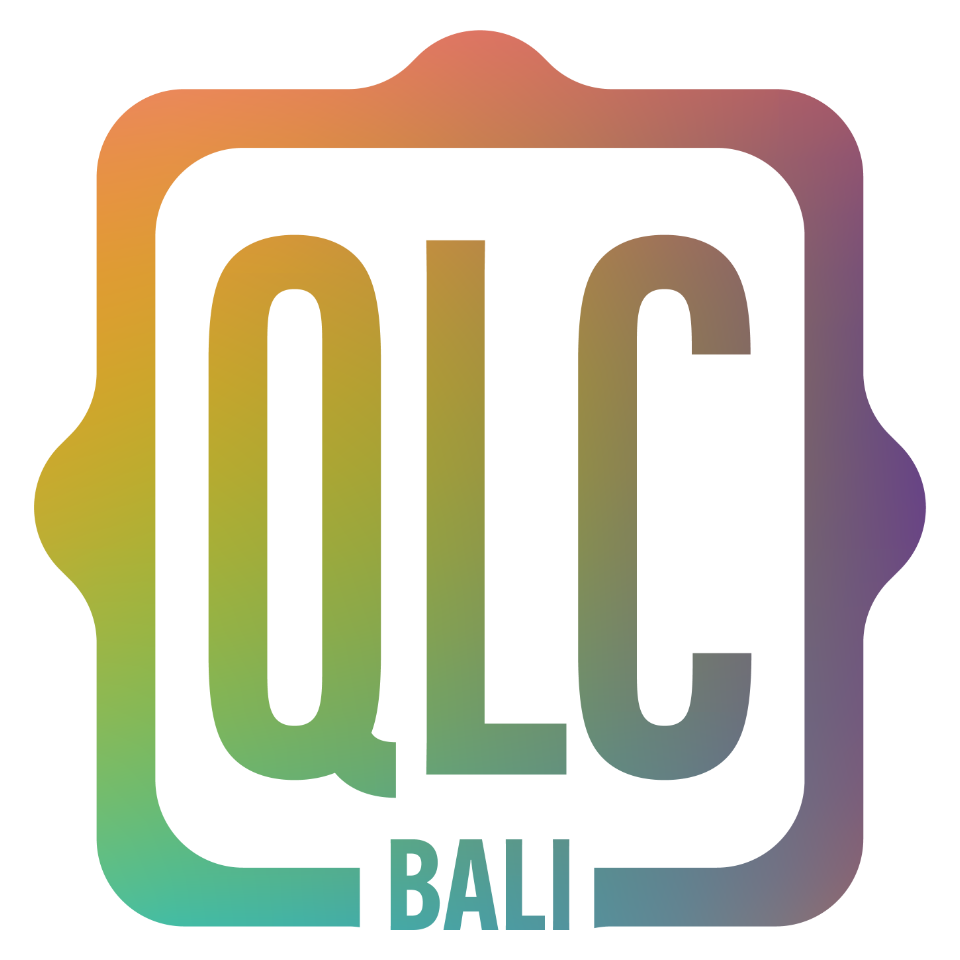About the Festival
The Southeast Asia Queer Cultural Festival (SEAQCF) aims to cultivate and nurture the collective memories of LGBTQIAN+ (lesbian, gay, bisexual, transgender, intersex, asexual/aromantic, and non-binary) individuals in ASEAN. It also aims to contribute to the blossoming of cultural activism in the LGBTQIAN+ movement in Southeast Asia. Presented by the ASEAN SOGIE Caucus, SEAQCF brings together queer artists, cultural practitioners, writers, and community organizers to discuss contemporary issues and celebrate the lives of queer communities in Southeast Asia.
Organizer
SEAQCF is being organized by ASEAN SOGIE Caucus (ASC), a network of human rights activists from Southeast Asia. The ASC works for the inclusion of Sexual Orientation, Gender Identity, Gender Expression, and Sex Characteristics (SOGIESC) in the mandate of human rights duty bearers in the ASEAN region. The ASC works for the promotion and protection of the human rights of all persons regardless of SOGIESC in the Southeast Asian region.
ASC is legally registered as a non-stock and non-profit organization in the Philippines under the name Southeast Asia Sexual Orientation, Gender Identity and Expression Caucus (ASC), Inc.
The organization is in Special Consultative Status with the United Nations Economic and Social Council (ECOSOC) since 2021.
Festival Theme: ImagiNATIONS
Too often, modern nation-states have failed the peoples of Southeast Asia. Governments across the political spectrum have used their power to oppress those on the margins—especially LGBTQIAN+ individuals and communities—instead of granting us the protection and dignity we deserve. As a result, we are left to navigate an ever-shrinking civic space due to ongoing discrimination.
This is why, for this festival, we call upon fellow queers to imagine new nations and communities: societies that sustain us and celebrate our existence. What histories can we share about how we thrived in the past? What collectives do activists build in the present? How can we—the queer activists—work for a more sustainable environment, a safer future? And what queer utopias can artists dream up to inspire our current realities?
Together, we weave a vibrant tapestry woven from the rich arts and cultural expressions of Southeast Asia's diverse queer communities. We celebrate identities that transcend borders and shatter biases, fostering unity and sustainability, respect for all in democratic space. With our imaginations, we plant the seeds for a more caring, more inclusive tomorrow.
Festival Vision
SEAQCF is envisioned to be a virtual platform that celebrates LGBTIQ inclusion in Southeast Asia. Advocates, artists and cultural workers will come together to share cultural works that reclaim, reimagine, and insist on LGBTIQ belonging in the region, and to build stronger bonds of regional community.
We seek to cultivate the collective memory of Southeast Asian LGBTIQ persons. This term refers to the cultural narratives of the community that are centred around shared identities and their relationship to both an imagined common past and a vision of a common future. It is not a static record of history, but an evolving consciousness, constantly morphing as it is performed, narrated and interpreted in contemporary situations.
The festival also functions as a political space to foster alternative regionalism. This refers to a collaborative process of holding accountable regional institutions (e.g. ASEAN) through people-oriented approaches within and outside State territories and functions. It involves strengthening the political leverage of transnational civil society and social movements to counter hegemonic regional governance arrangements that exclude marginalized groups. Activities may include learning programs based on grassroots needs, developing new paradigms for regional engagement, and building solidarity among civil society groups across boundaries.
In the context of this project, we aim to bring together both historical and contemporary narratives of LGBTIQ inclusion derived from experiences in different Southeast Asian countries, and collaboratively weave and shape a transformative discourse: a collective memory of an inclusive Southeast Asia.
Festival Team
ASC Regional Coordinator: Ryan Silverio
ASC Communications Team: Pidor Ham
Festival Coordinator: Sidhi Vhisatya
Festival Assistant: Nanitsara Kam
Festival Illustrator: Inikami Studio
Festival Graphic Designer: Nanda Bagus
Festival Web Designer: Alvin Gallardo and Garyanes Studio
Festival Advisory Board
Dinh Nhung began researching the lives of queer people and queer history in Vietnam in 2009. Despite her efforts, the search yielded limited information and proved challenging, leading Nhung to pursue other activities for building a queer archive that Nhung would like to share as well as to build with others.
Nhung began to collect vocabulary, save what people shared, and gather information about events and activities of individuals and organisations related to gender, LGBTIQ+ rights, or cultural and artistic events. The collection and collaboration with queer friends formed the basis for the birth of a number of exhibitions, two books called Chi Ban Lon: queer & sexuality lexicons, and the formation of an archive on queer and feminism at A Museum Queer in Hanoi.
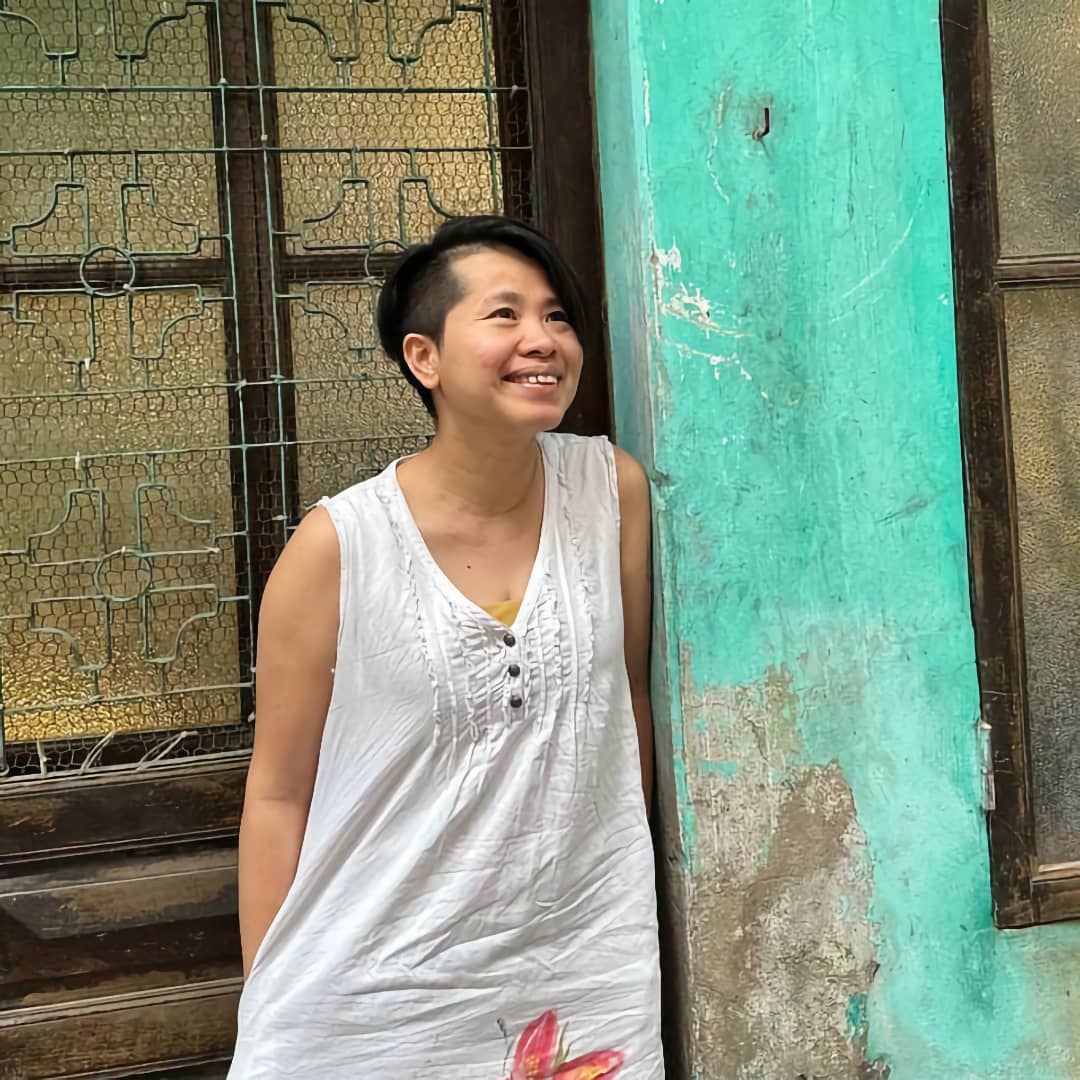
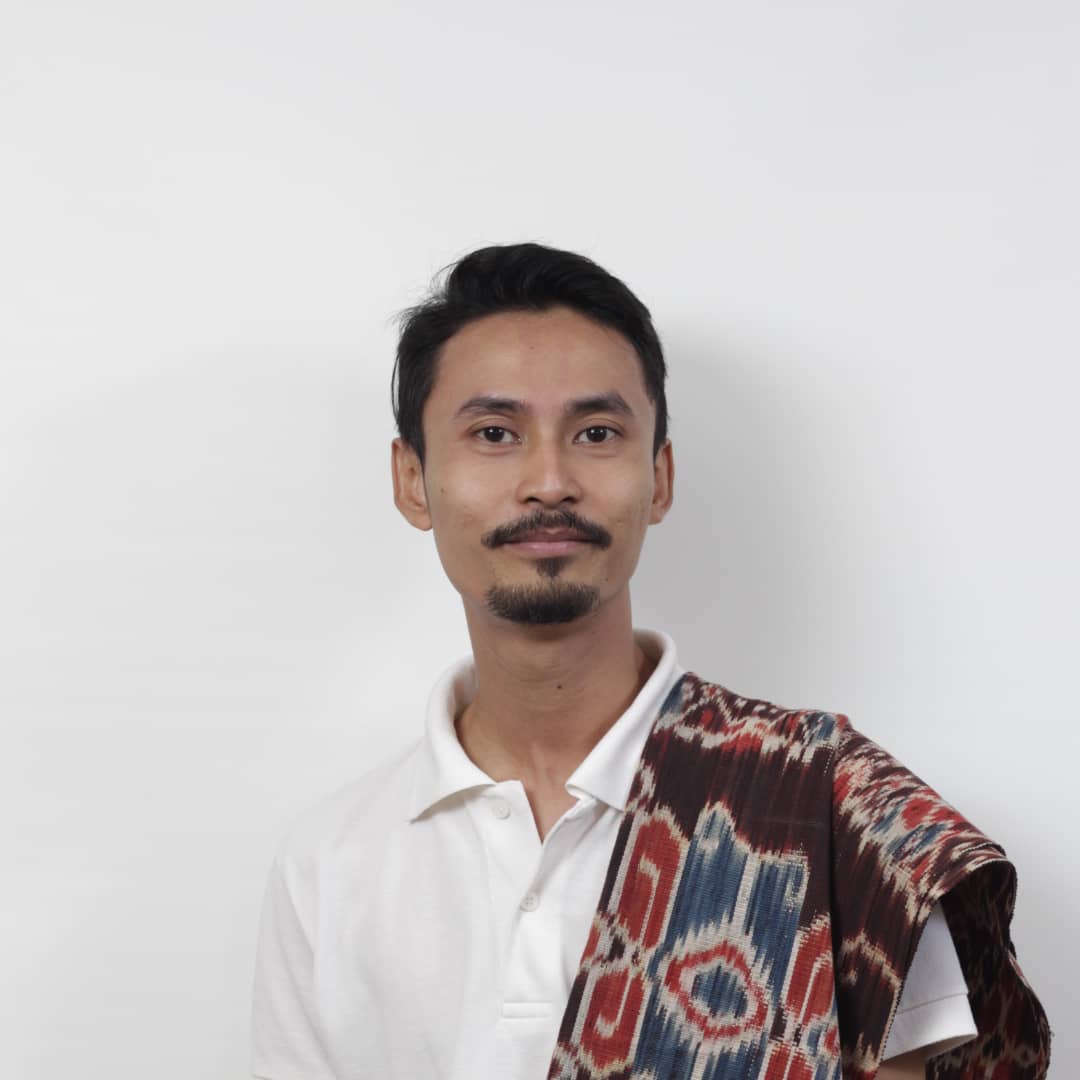
Diyan is an interdisciplinary queer writer, researcher, & author who has contributed to the Jurnal Perempuan, Jakarta Post, Overland, Project Multatuli, & many others. Diyan has published two travel writing books that explores the tourism dynamics and history of colonialism in the Indonesian archipelago. As an activist, Diyan also writes various essays traversing a lot of intersectionalities regarding environmental, historical, cultural, tourism, and queer issues, including a series of essays about important trans women figures in the history of the LGBTIQ+ movement in Indonesia “Sang Mami” and also “Queer di Masa Lansia” (Queer Elder Redefining Aging). Their writings can be read here in this link.
Yi-Sheng is a Singaporean writer, researcher and activist. He has edited anthologies such as GASPP: A Gay Anthology of Singapore Poetry and Prose, Sanctuary: Short Fiction from Queer Asia, and EXHALE: an Anthology of Queer Singapore Voices. He has worked with activist groups such as IndigNation: Singapore’s Pride Season and the ASEAN SOGIE Caucus. In 2021, he served on the advisory board of the inaugural SEAQCF. His website is ngyisheng.com, and he tweets and Instagrams at @yishkabob.
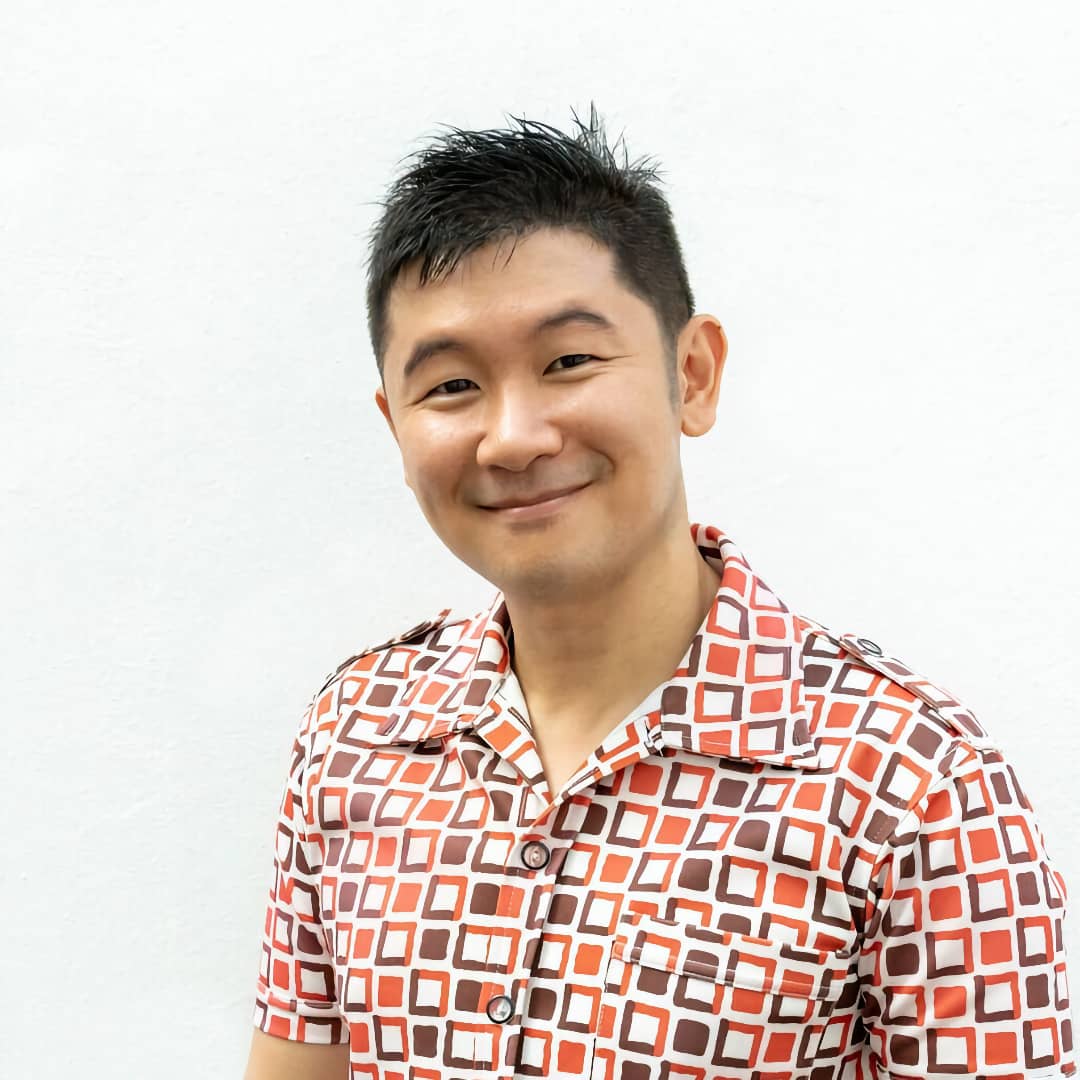
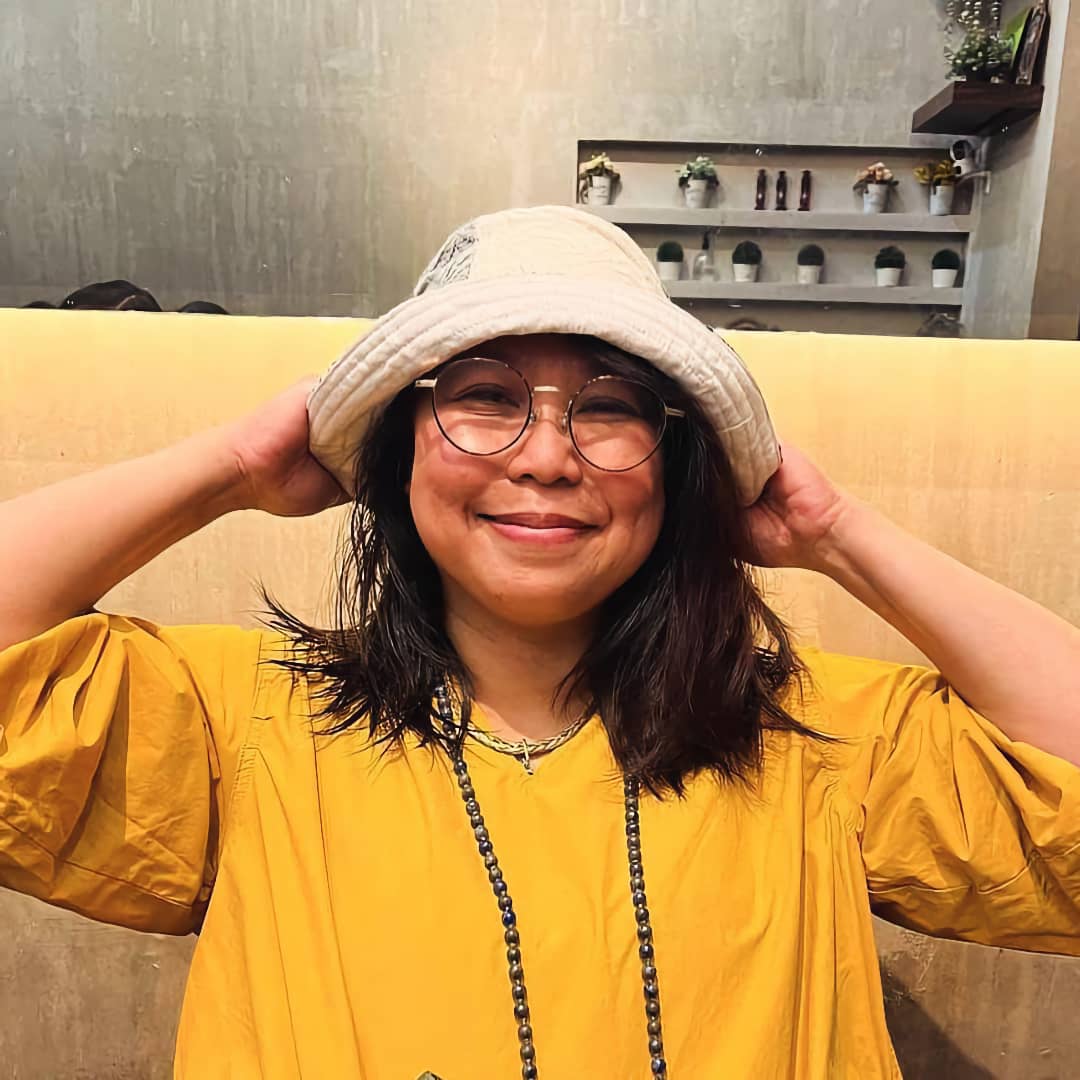
Nerisa del Carmen Guevara (Ricci)
Ricci is an associate professor at UST, a creative writing teacher, and a UST Center for Creative Writing and Literary Studies resident fellow. Her durational performance art “Elegies” and shorter “Infinite Gestures,” which she presents as poetry in space, has been featured in a diverse range of platforms, including PIPAF, CPP PERFORMATURA, SIPA International Art Festival, Biennale Jogja Equator XV, LAPSody Helsinki, and Grace Exhibition Space New York. She was an early career researcher of GlobalGRACE Philippines, funded by the UKRI’s Global Challenge Research Fund (GCRF), and the director of the LGBTQIA Virtual Artistic Residency GlobalGRACE Ph AiR. Her poetry has been featured in various international and national publications and anthologies, including A/PART: An Anthology of Queer Southeast Asian Poetry in the Pandemic. Ricci is an award-winning writer who received the prestigious Palanca Award for Literature in the Philippines.
John Badalu is an independent producer who has produced a handful of films that bring many minority issues. He is now working for Sheffield Docs Festival in UK. With a few friends, he co-founded Q! Film Festival, the first ever queer festival in Southeast Asia in 2002. His latest short film “Basri & Salma in a Never-Ending Comedy” is the first Indonesian short film competing in the prestigious Cannes Film Festival 2023. He is also one of the recipient of Ashoka Foundation fellow and considered one of the progressive changemakers in queer movement.
